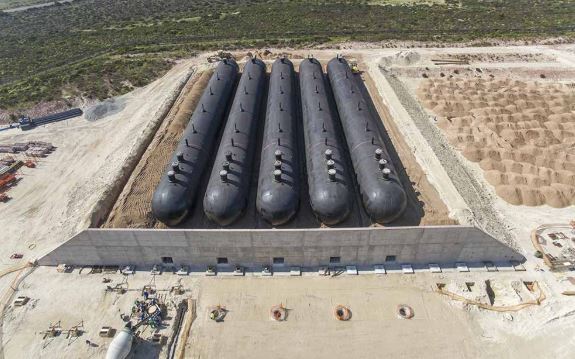Web Based Remote Monitoring
Reliable Web based solutions for monitoring the condition or status of remote assets no matter where you or they are located.
Read more...
Reliable Web based solutions for monitoring the condition or status of remote assets no matter where you or they are located.
Read more...
SIL rated alarms systems, wireless telemetry and web based inventory tracking systems. Connects to your existing tank gauging.
Read more...
Advanced proven Impressed Current Cathodic Protection Systems incorporating Remote Monitoring and Control. New or retrofit existing sites.
Read more...
Specialised monitoring systems for Radiological environments including
nuclear power stations, storage facilities, PET
Centres etc.
Read more...
Real time energy, water, gas, air and/or steam monitoring for industry, commercial buildings and campuses. Meets reporting standards and reduces cost.
Read more...
Remote Temperature monitoring systems tailored for pharmaceutical and food industry applications from laboratories to warehousing. Meets reporting standards.
Read more...
Process Alarm Systems to IEC61508 and Event recording to sub-millisecond resolution making plants safer and reducing downtime.
Read more...
Upgrade your legacy alarm systems to current safety standards with minimum plant disruption. Custom solutions to suit individual needs.
Read more...
Data2Desktop provides an end-to-end solution to your remote
monitoring needs. Data2Desktop relieves you of the technical
complexities of implementation, with rapid low risk deployment.
Turn your organisation into a Real Time Enterprise within days.
more...

Corrosion Monitoring Specialists
Home > World first LPG bullet ICCP monitoring system
Omniflex has helped deliver the world’s first remotely monitored impressed current cathodic protection (ICCP) system for protecting Liquid Petroleum Gas (LPG) storage bullets from corrosion. The project was carried out by Electrical Manufacturing, designed by Isinyithi cathodic protection engineering consultants on behalf of Sunrise Energy, Africa’s largest LPG import terminal. The system delivered allowed Sunrise Energy to safely protect LPG storage bullets from corrosion and added remote monitoring capabilities so engineers could monitor system performance in dangerous or difficult-to-access areas of the facility.

LPG Bullets prior to sand covering
“Traditionally, to ensure an ICCP system was functioning correctly, businesses would have to rely on physical inspections of difficult-to-access infrastructure,” explained Ian Loudon, international sales and marketing manager at Omniflex. “For Sunrise Energy, where the containers storing explosive LPG are underground, it is difficult or often impossible to physically inspect CP systems regularly because of the associated risks. Isinyithi approached Omniflex for a low voltage and current, remotely monitored CP system for keeping CP engineers informed on the performance status and health of their structures 24/7,” continued Loudon. “The solution provided has several key benefits such as automatic regular testing, long-term cloud-based data logging and alarm condition alerts via SMS and email.”
The system was installed inside the field Marshalling panel with the Human Machine Interface panel in the control room and testing was carried out at Omniflex’s Durban factory prior to shipping to site at Saldahna Bay.
“In the first two years of service, we have not had a single defect in the system Omniflex has provided us,” said Neil Webb, product consulting engineer at Isinyithi. “By cutting down the time, costs and risks associated with physical CP inspections in these hazardous areas, we have been able to provide an excellent service for our end-customers.
To discuss your next remote monitoring project please contact us
Product Ranges